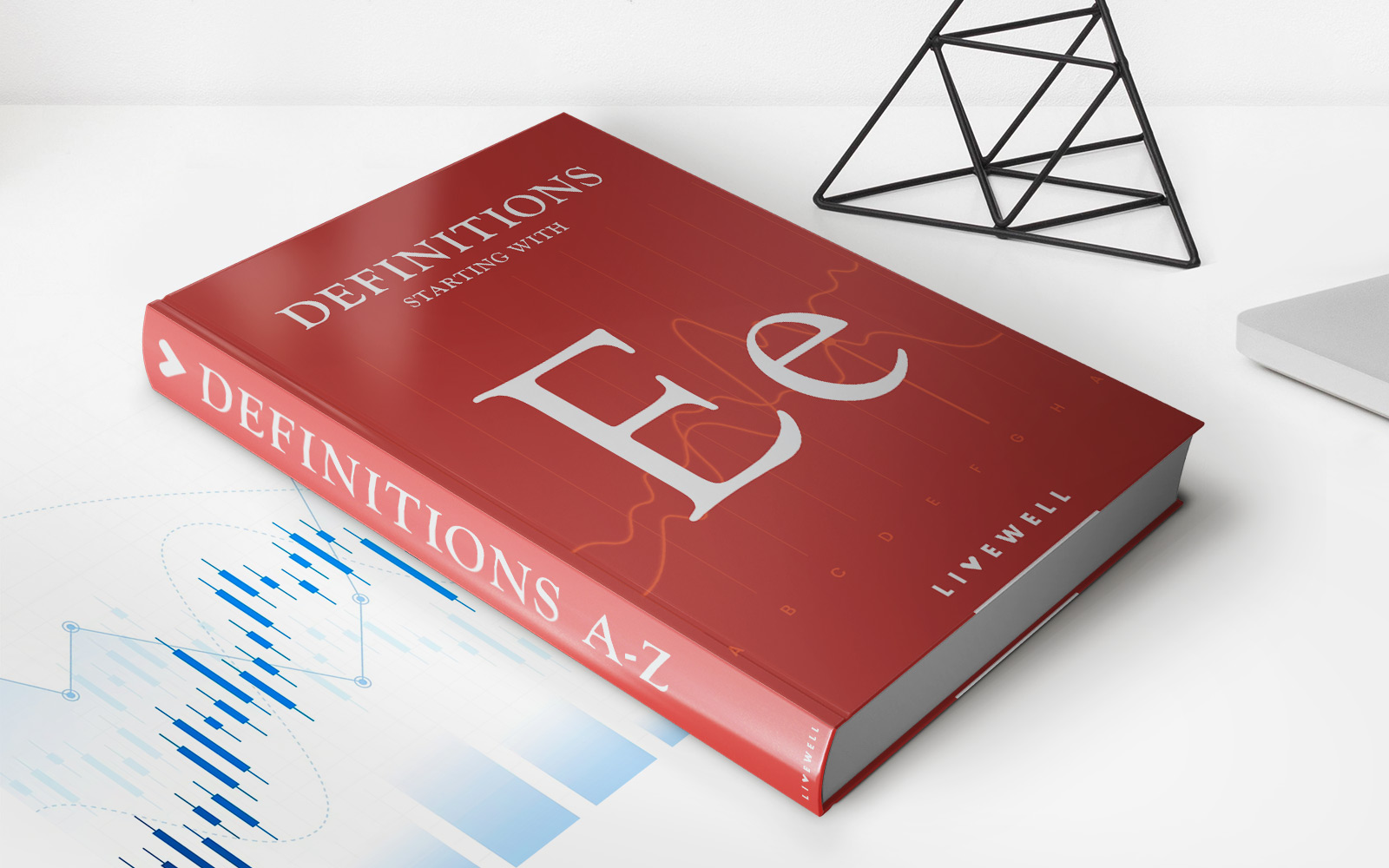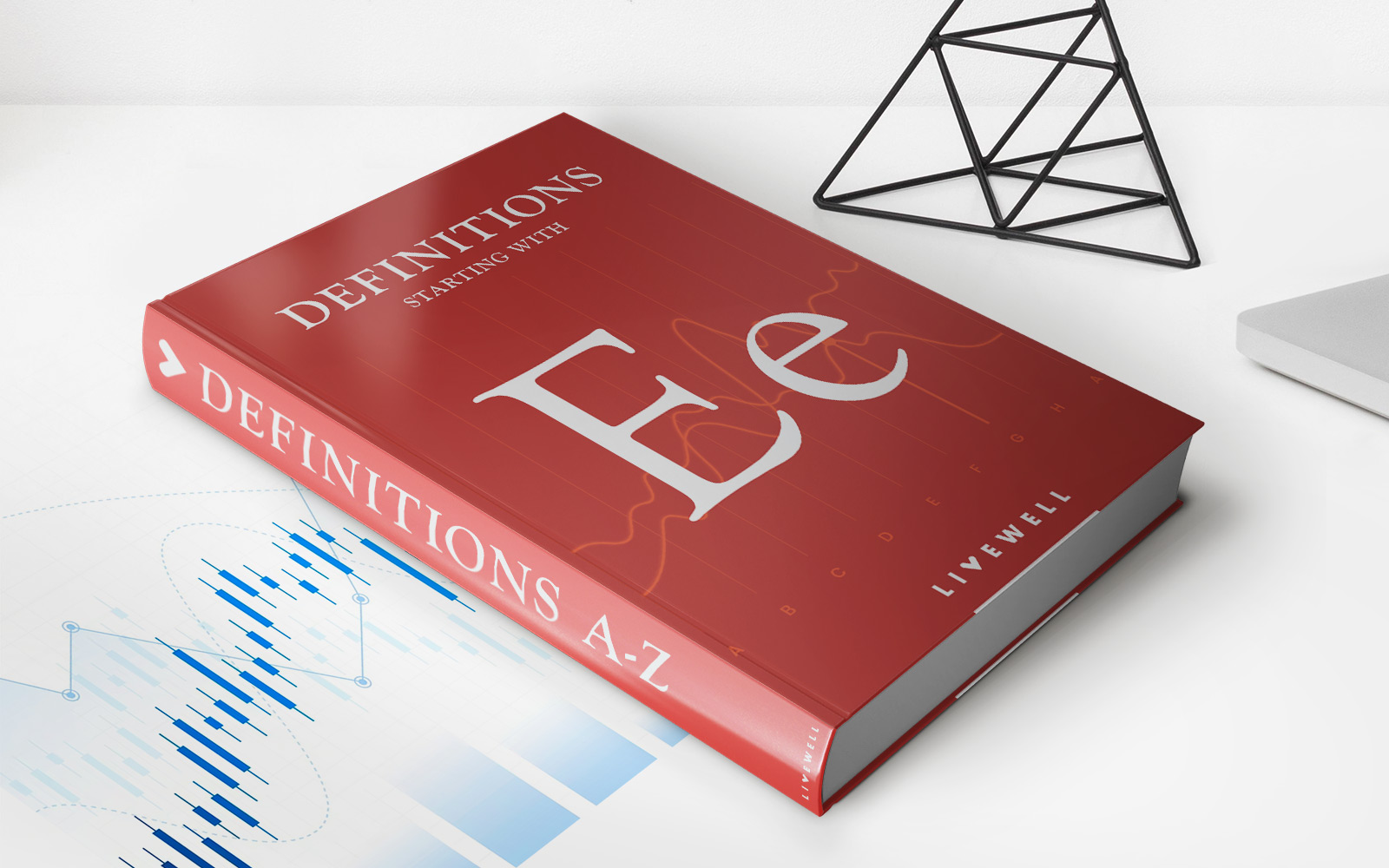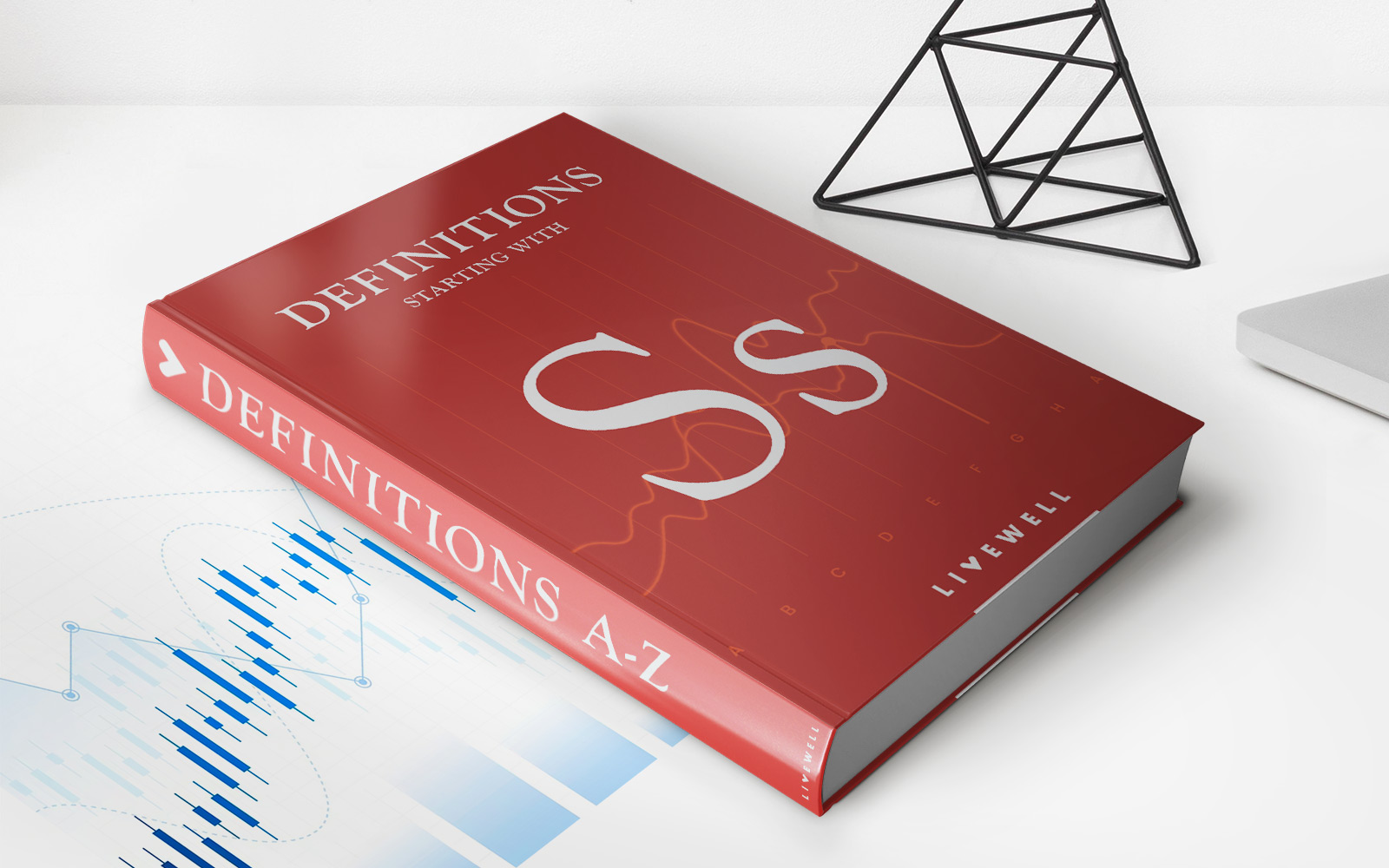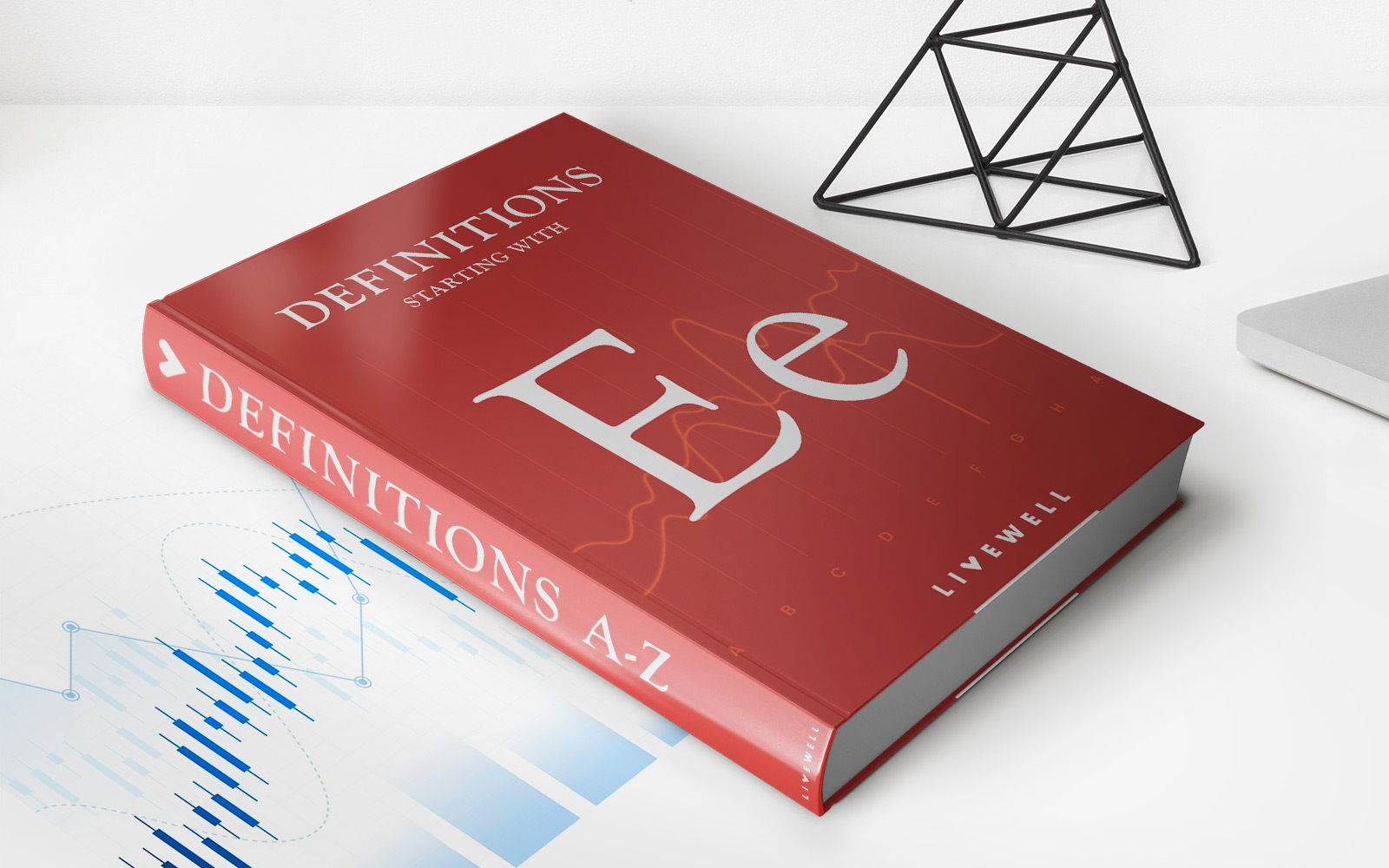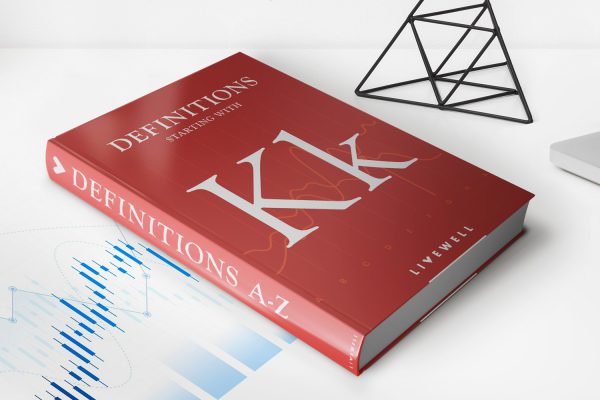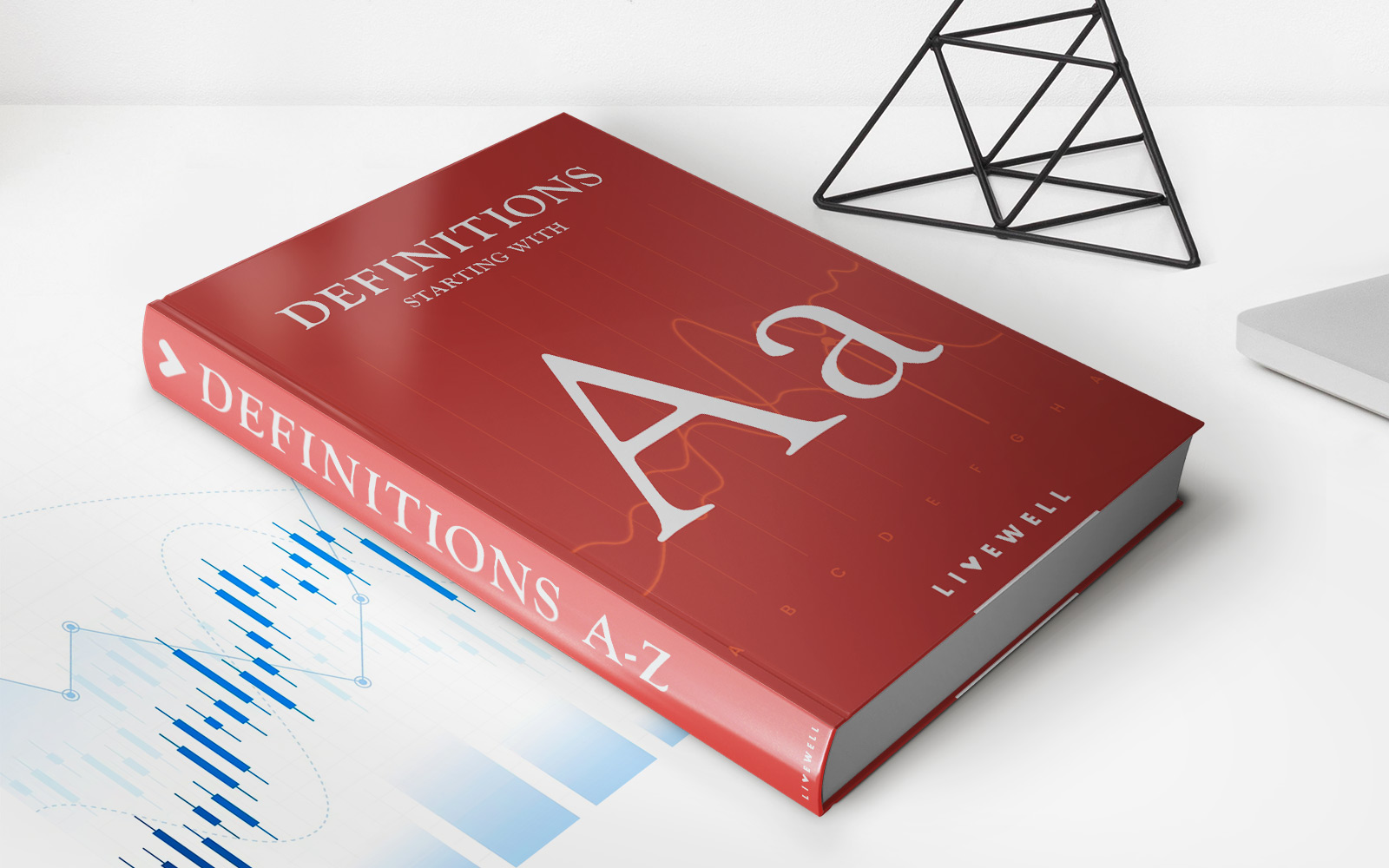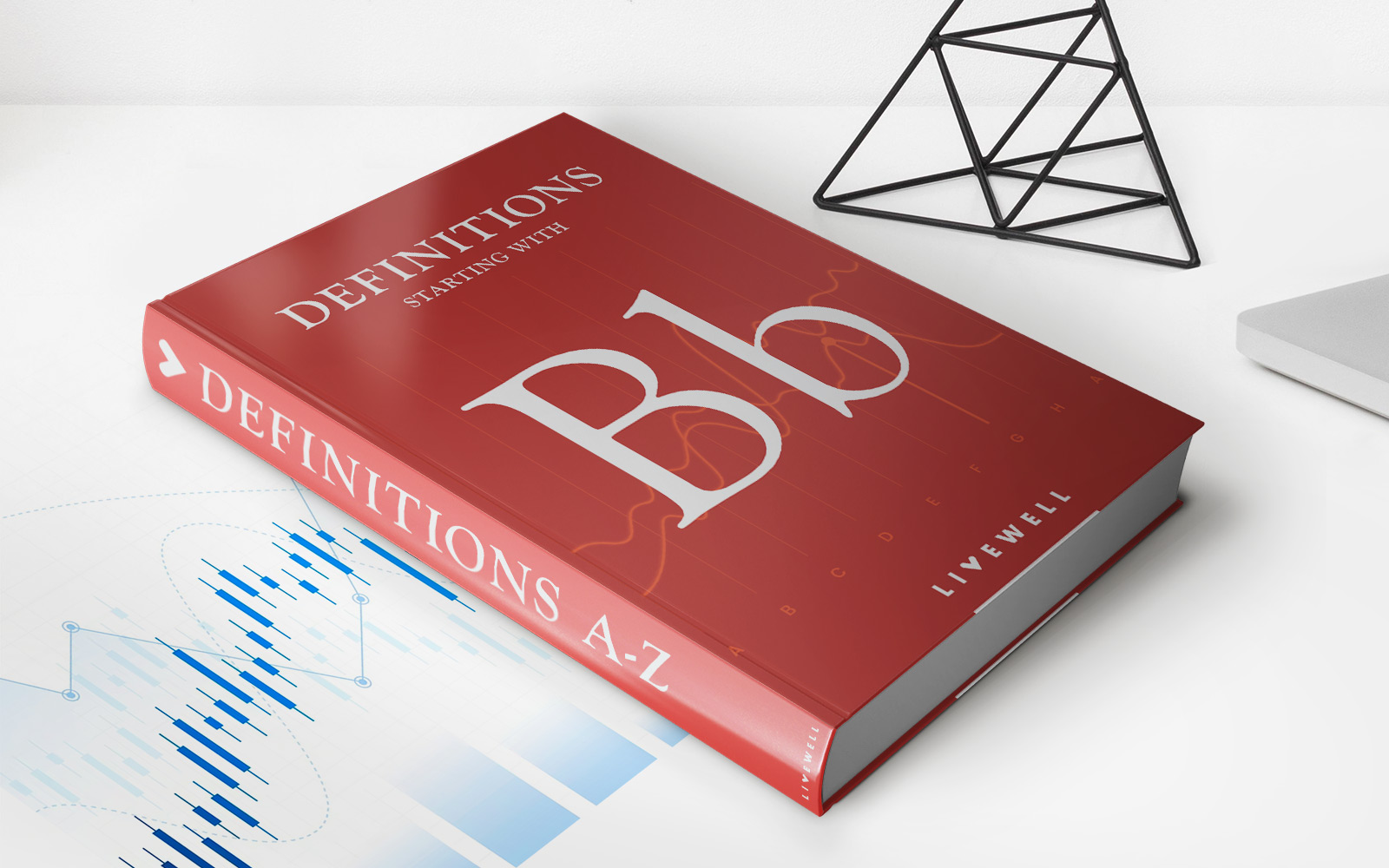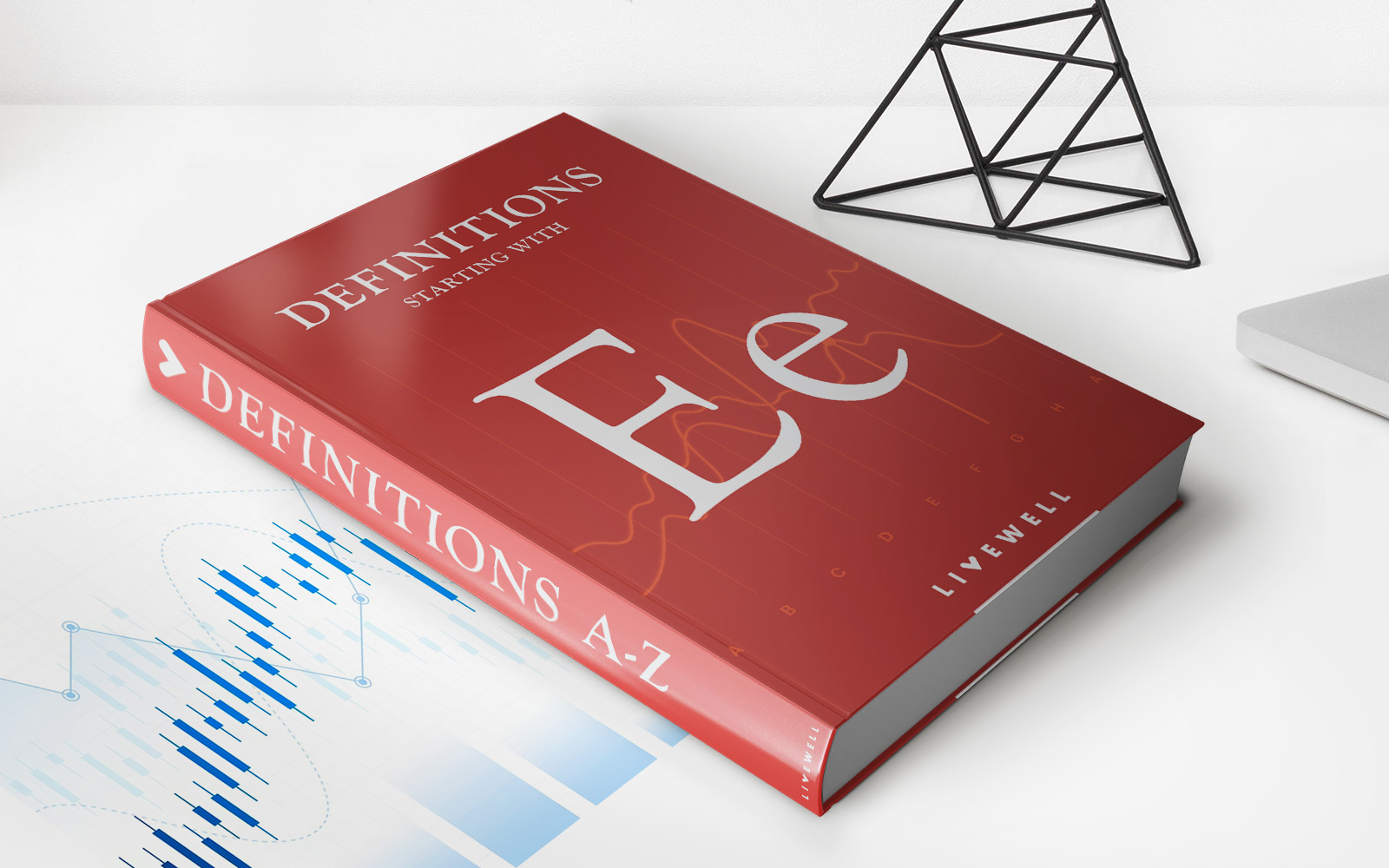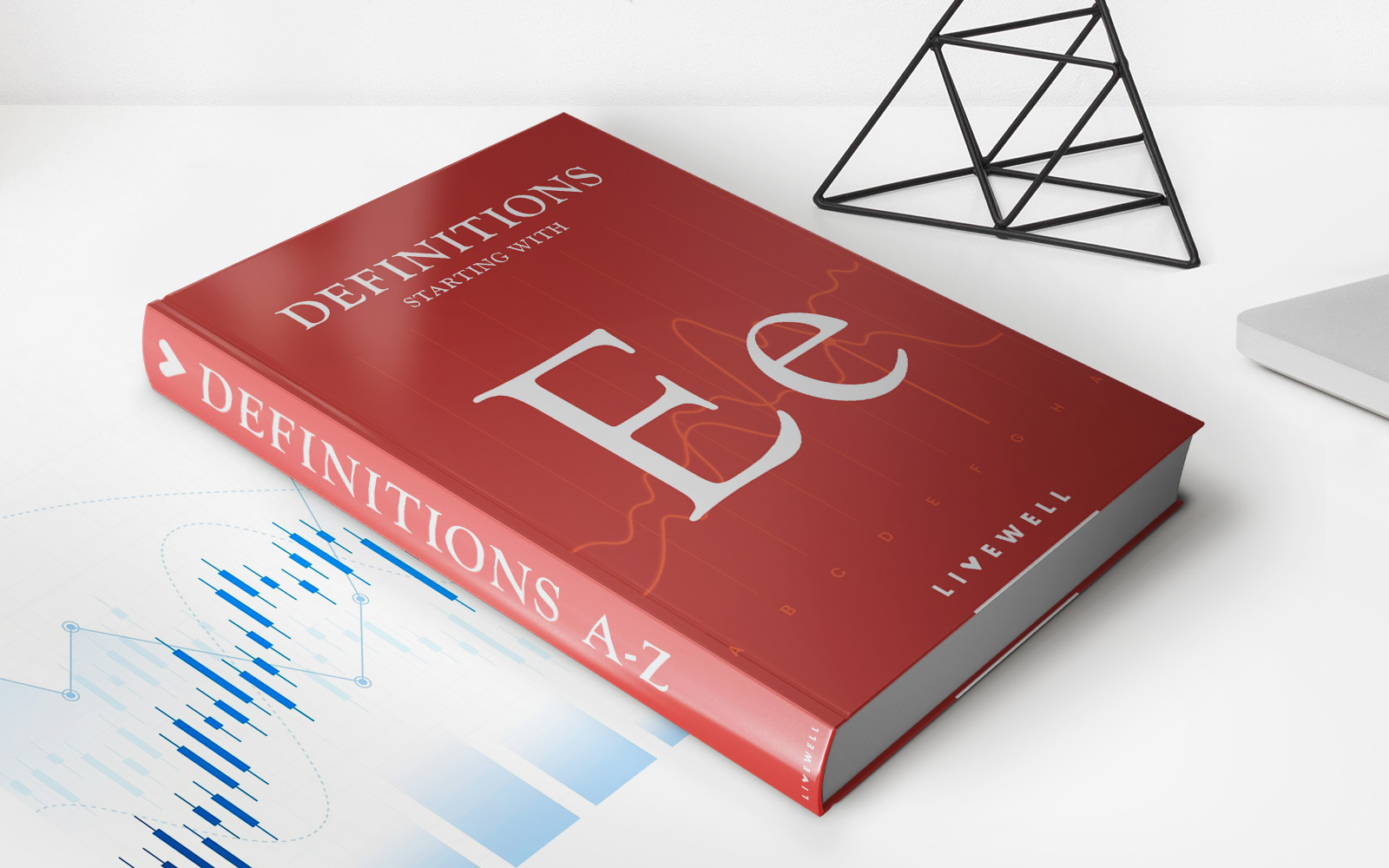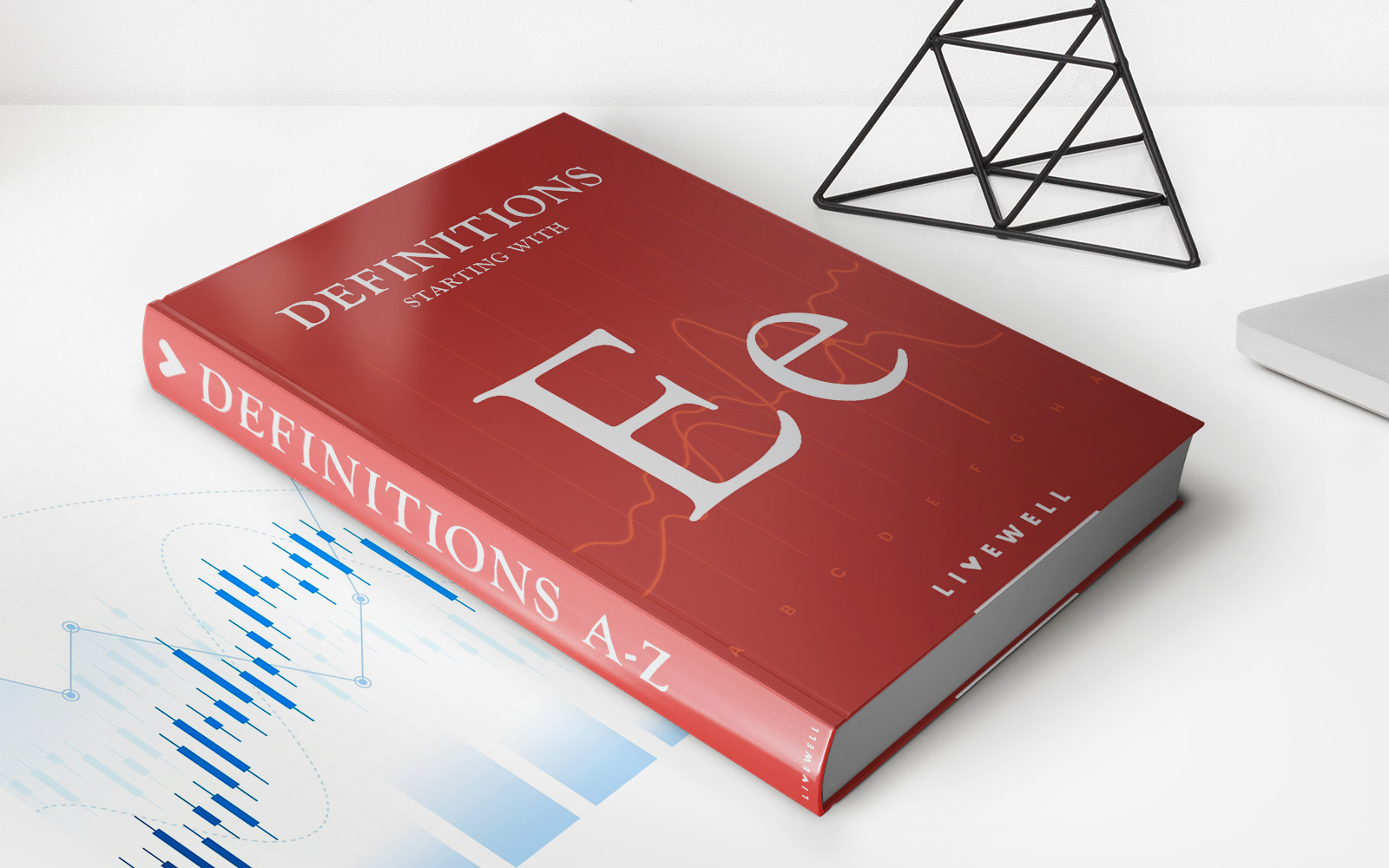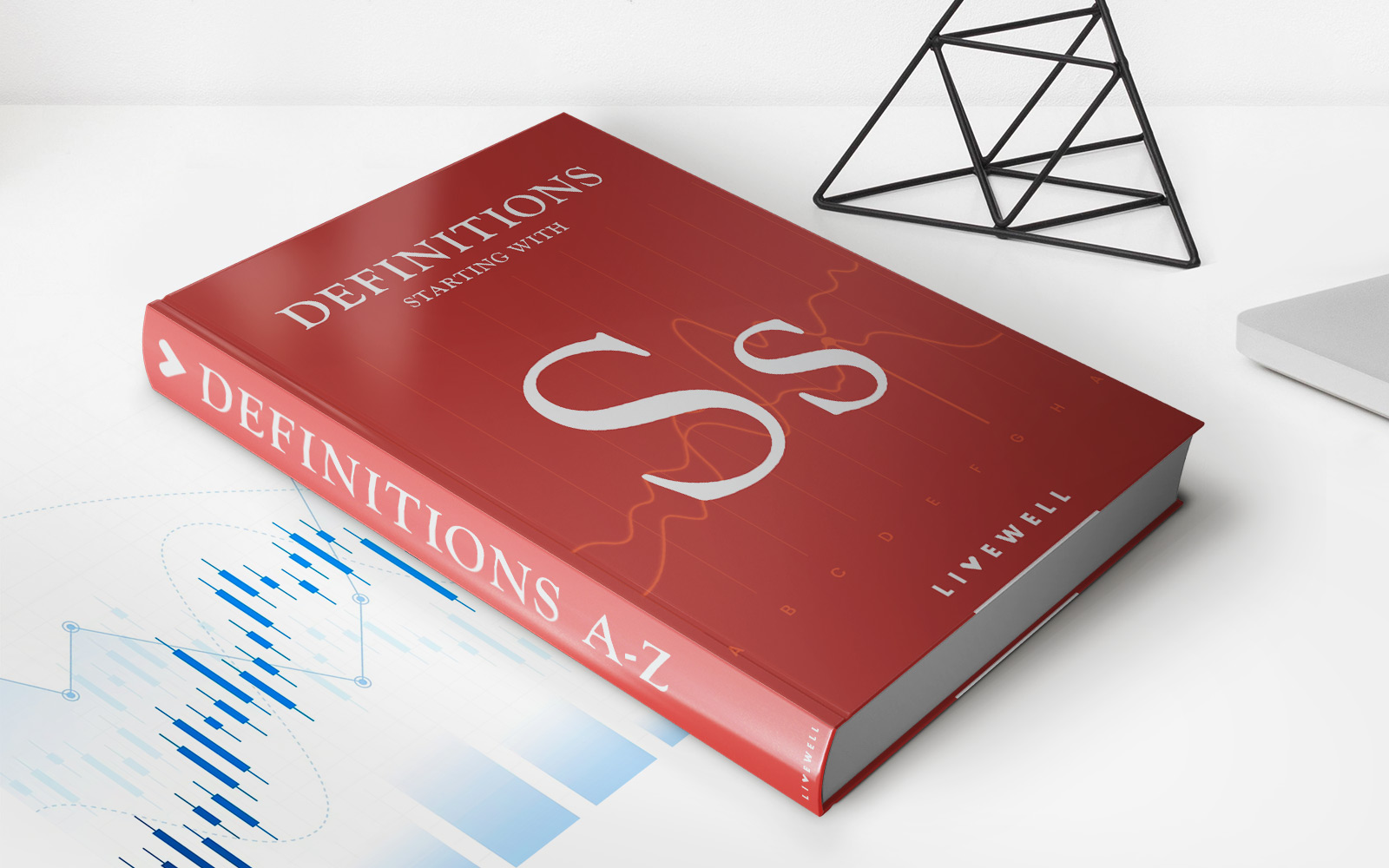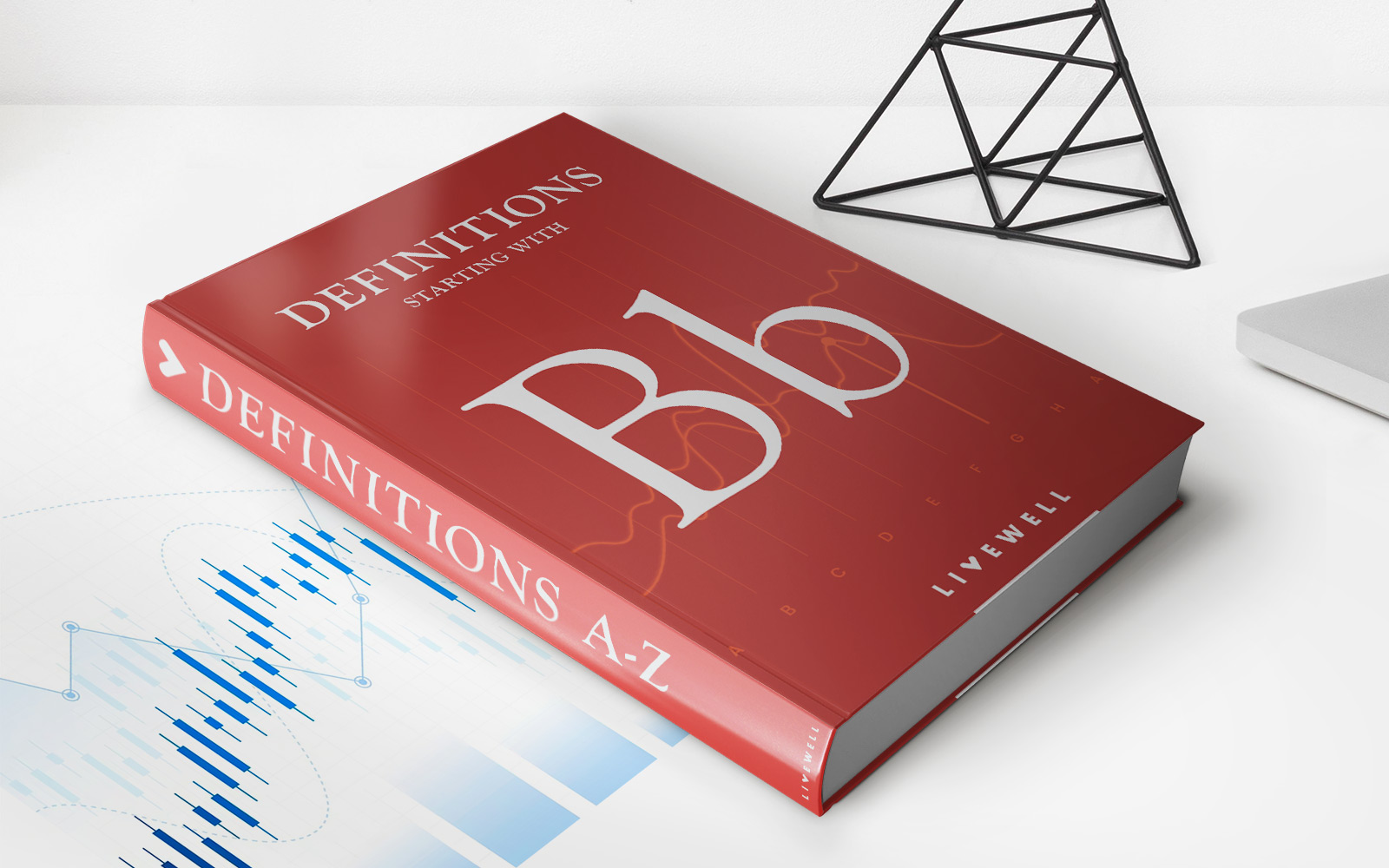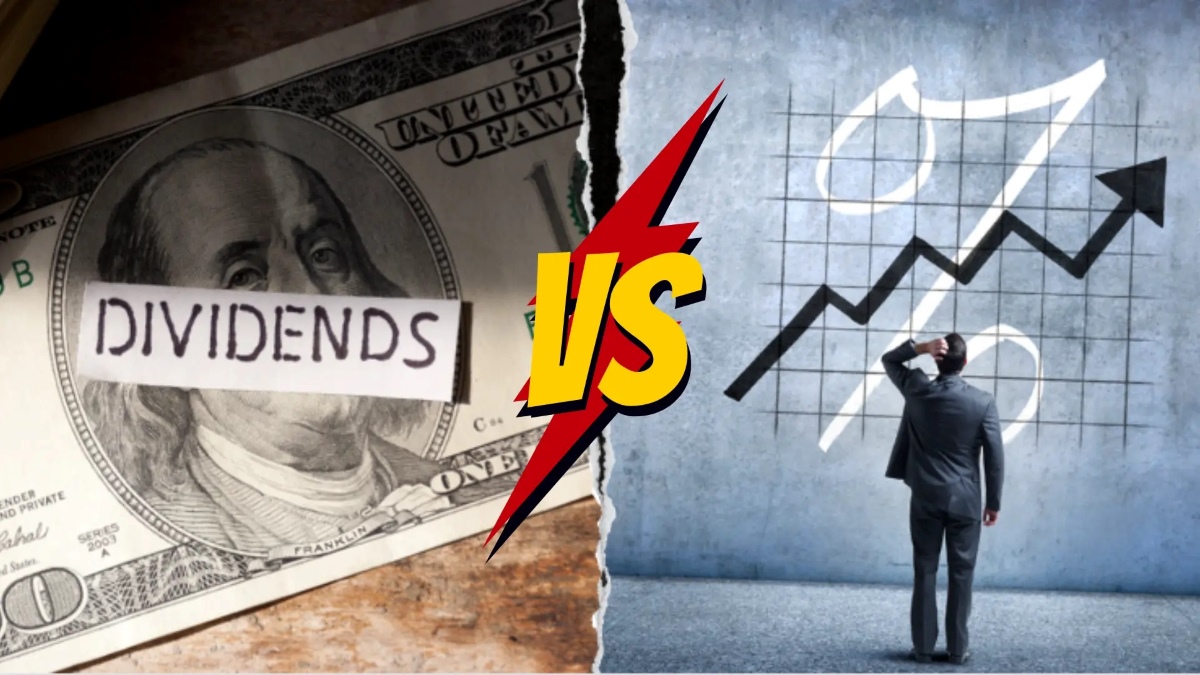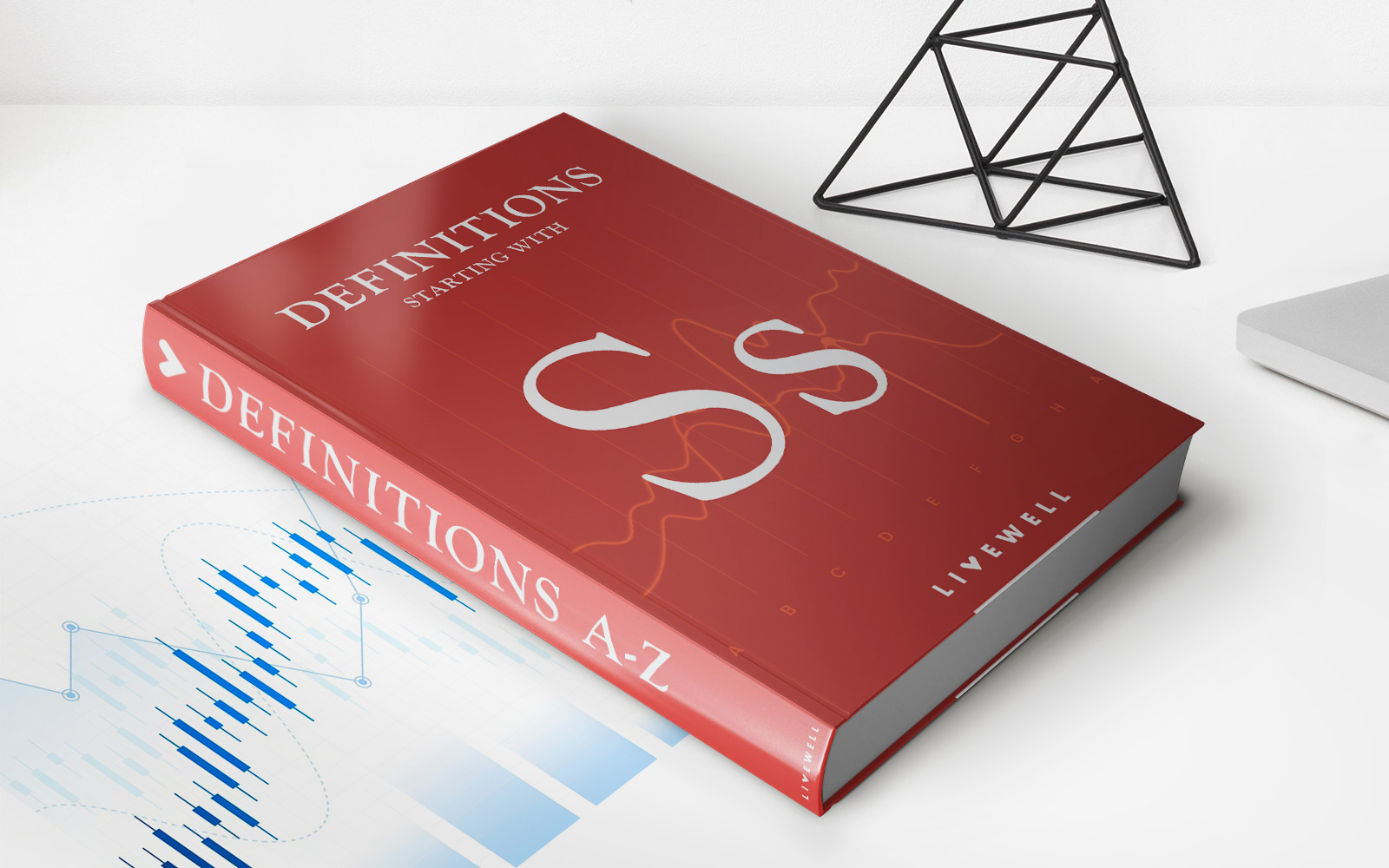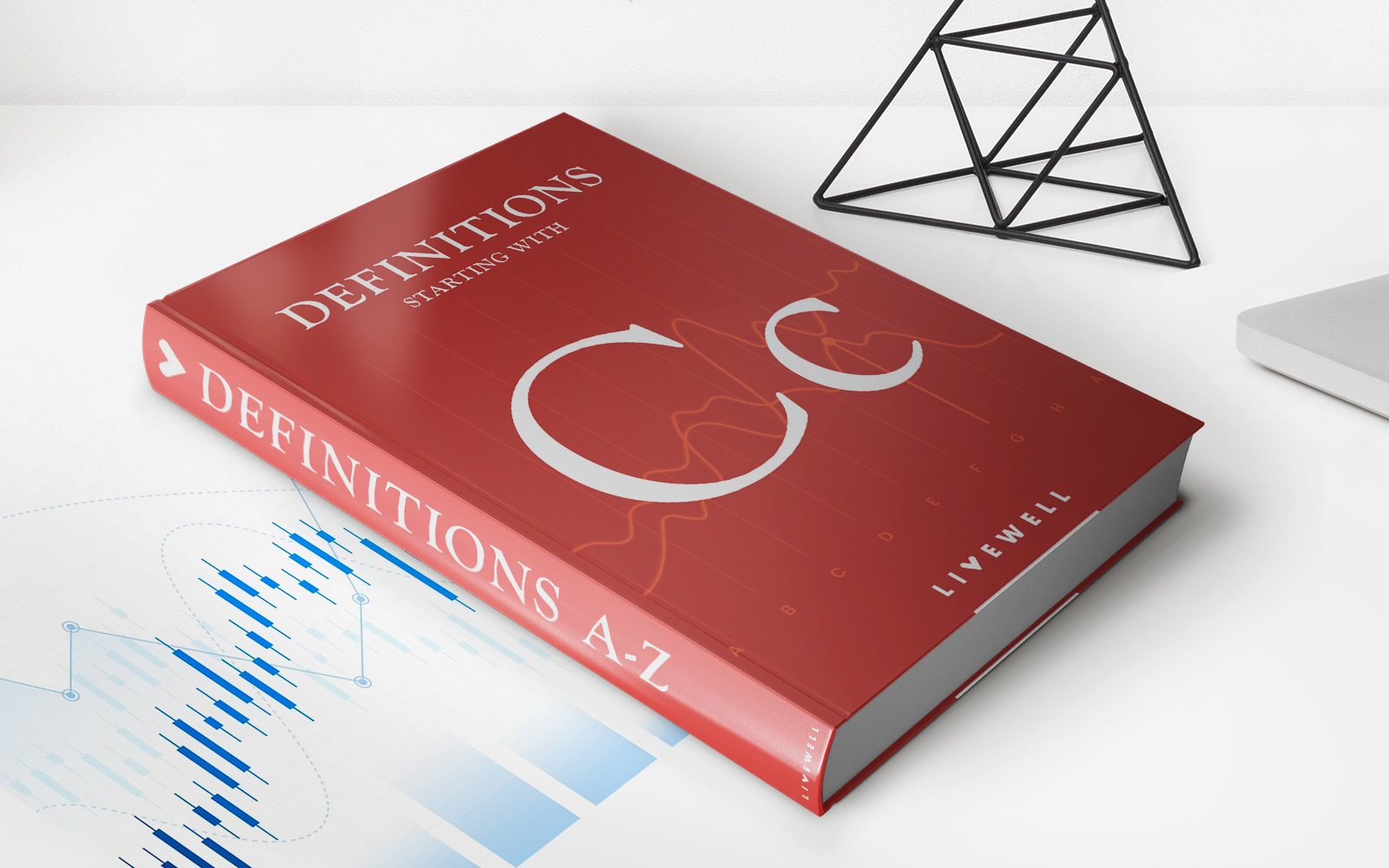

Finance
Classical Economics Definition
Published: October 27, 2023
Learn the definition and principles of classical economics in finance. Understand the influential theories and concepts that shape economic analysis and decision-making.
(Many of the links in this article redirect to a specific reviewed product. Your purchase of these products through affiliate links helps to generate commission for LiveWell, at no extra cost. Learn more)
The Importance of Understanding Classical Economics
Welcome to our finance category! Today, we will delve into the intriguing world of classical economics and understand why it is essential to have a grasp of this concept. Have you ever wondered how the economy functions or what drives economic growth? Classical economics provides us with a framework to comprehend these complex economic dynamics. In this blog post, we will explore the definition and key principles of classical economics, and discuss its relevance in today’s world.
Key Takeaways:
- Classical economics is an economic theory that emphasizes free markets, limited government intervention, and self-regulating mechanisms.
- Understanding classical economics helps us analyze economic systems, policies, and societal impacts.
Defining Classical Economics
Classical economics, also known as classical political economy, is a school of thought that originated in the late 18th and early 19th centuries. It encompasses the works of influential economists like Adam Smith, David Ricardo, and John Stuart Mill. Classical economics focuses on how market forces, such as supply and demand, determine prices, production, and distribution of goods and services.
Classical economists believe in the efficiency of free markets and minimal government intervention. They argue that natural economic laws guide market mechanisms, and interference by governments can disrupt this self-regulating process. This perspective often aligns with the idea of laissez-faire capitalism, where economic agents are free to pursue their self-interests, leading to overall economic prosperity.
Principles of Classical Economics
To better understand classical economics, let’s explore its key principles:
- Market Forces: Classical economics emphasizes the role of supply and demand as the driving forces behind price determination and resource allocation. It assumes that markets will naturally reach equilibrium, where supply matches demand.
- Private Property: Classical economists advocate for the existence of private property rights as an incentive for individuals to work and invest. They argue that secure property rights lead to economic growth and productivity.
- Division of Labor: The concept of division of labor, popularized by Adam Smith, is crucial in classical economics. By specializing in specific tasks, individuals can increase their efficiency, leading to higher production levels.
- Free Trade: Classical economics supports free trade, as it enables countries to specialize in the production of goods and services in which they have a comparative advantage. Through international trade, nations can benefit from increased efficiency and access to a broader range of products.
- Say’s Law: Say’s Law, named after French economist Jean-Baptiste Say, suggests that supply creates its own demand. This principle implies that production generates income, which in turn creates demand for goods and services.
The Relevance of Classical Economics Today
While classical economics formed the foundation of economic thought, it is important to understand its relevance in contemporary society. The principles of classical economics can still shed light on various economic phenomena and guide policy decisions:
- Economic Policy: Classical economics provides insights into the impacts of government intervention in the economy. Understanding the potential consequences of policies such as regulations or tariffs can help policymakers make informed decisions.
- Business Decision-making: Classical economics helps businesses analyze market conditions, demand patterns, and pricing strategies. By applying these principles, companies can optimize their operations and identify opportunities for growth.
Classical economics may not fully explain all aspects of the modern global economy, but it serves as a fundamental framework to understand economic systems and policies. By studying classical economics, we gain valuable insights into the workings of markets, the importance of individual incentives, and the potential consequences of government intervention.
So, whether you’re a student, professional, or simply an avid learner interested in finance, taking the time to understand classical economics can yield long-term benefits. It equips us with the knowledge to navigate the intricacies of economic systems and make informed decisions that ultimately shape our financial landscape.
